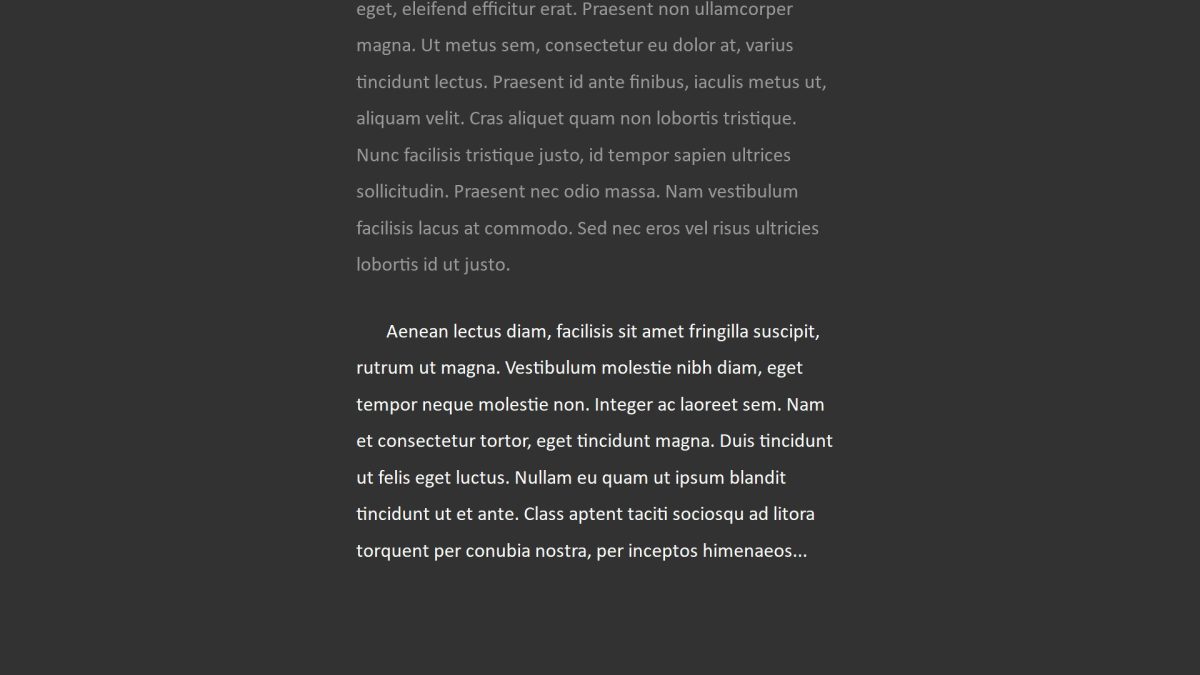5 basic steps of the writing process (plus the 2 extra steps you should use when publishing online)
Writing Process

5 Steps in the Writing Process
Writing can be an enjoyable hobby, but when you are writing for an audience, and not just your journal, it is a good idea to develop your own writing process. The following 5 basic steps is a great template to get started, but please feel free to take liberties or add your own steps where needed.
5 basic steps of the writing process:
Step 1: Prewriting.
Prewriting is all the planning and thinking you do about a subject before you acutally sit down to write out your first draft. In this step you will want to gather all your information and resource material, decide who your audience will be, choose the format of the writing (letter, novel, report, etc...), and internally define the purpose of the writing (what do you want people to take away from the writing after they read it?).
Step 2: Writing the First Draft
Writing a first draft is just getting all your idea down on paper. Don't be too worried about grammar, punctuation, or the flow of your writing in this step. Also, don't be afraid to paint in broad strokes. Writing out generalized or broad information in the first draft allows you to expand on it during the second or third revision. The important part of this step is merely to lay out the groundwork and get your thoughts out there in black and white.
Step 3: Revision
Revising your writing is just making changes and improvements that you notice after reading your first draft. You should constantly be revising, if you notice areas that may not flow naturally, or that could be more effective in a different part of the writing. Revision allows you to think about your writing and make the necessary changes to bring it from good to great. The revision process can also be a good time to have friends or family look over your writings (as sometimes, after reading something over and over again can make it easy to overlook a simple error or mistake.
Step 4: Proofreading and Editing
Proofreading and Editing are the final changes you make to your paper. In this process, you will find and correct any spelling, grammatical, and punctuation errors that may have happened during the first draft or revision stages. Read each sentence carefully, line by line. It's also a good idea to run your work through a spellcheck system and even have someone else look it over if they are willing.
Step 5: Publishing
Publishing your writing is just deciding which form you are going to deliver this to your audience. With the huge popularity of the internet, there are many different choices available to publish your writing, or you could even choose to go old-school and try to have it published in a journal, magazine, newspaper, or other types of print media. if you haven't tried Hubpages, I would strongly suggest trying out this site. It's free and easy and you can make money submitting your own writings. Click Here to start making money writing for Hubpages!
Some of my other hubs
- How to be a modern day Renaissance Man (or woman...)
Learn how to be a Modern Day Renaissance Man (or woman). Try to excel at new things every day! - How to write online articles for money if you are a ...
Writing online for money for the scatterbrain. - Why I Hustle (Part 1): Making Money as an Entreprene...
I hustle like Pete Rose, without the bad hair or the gambling problem (although I would not bet on that). I hustle because I think complacency is a sin worthy of a top-ten spot. I hustle by creating opportunity from opportunity. - Passive Income Opportunities: The Best Ways To Make ...
Passive income opportunities. The best ways to make passive income (including rental income, investment income, and online income).
The 2 extra steps in the writing process if you are publishing online
If you are publishing your material online, either through your own blog or through a website such as hubpages, you will want to add two more basic steps.
2 extra steps for people publishing online
Extra Step #1 (or step 6, if you keep counting form the original 5...): Updates.
Updates are very necessary if you are publishing directly online. As time changes the world, and subsequently the topics you have written about, you will want to make the changes to make sure your readers are getting the most up to date information. In addition, when you do make updates to your prior work, this is recognized by the search spiders, and is thus more likely to boost your google score and get you a higher page rank for more people to see your work. Which can be very important, especially if you are writing online to earn money.
Extra Step #2 (or 7...): Creating backlinks.
Backlinking should not take up the majority of the time you have designated for writing, but it does play an important step. Backlinking your own relevant work allows people the chance to see your other writings and it also helps to improve your google score (nobody knows exactly how the algorithm works, but having people link your site is a commonly known way to improve which page on google your article shows up on. So, if you write two similar articles make sure you are linking them together (example: Roth Ira and Early Retirement)







